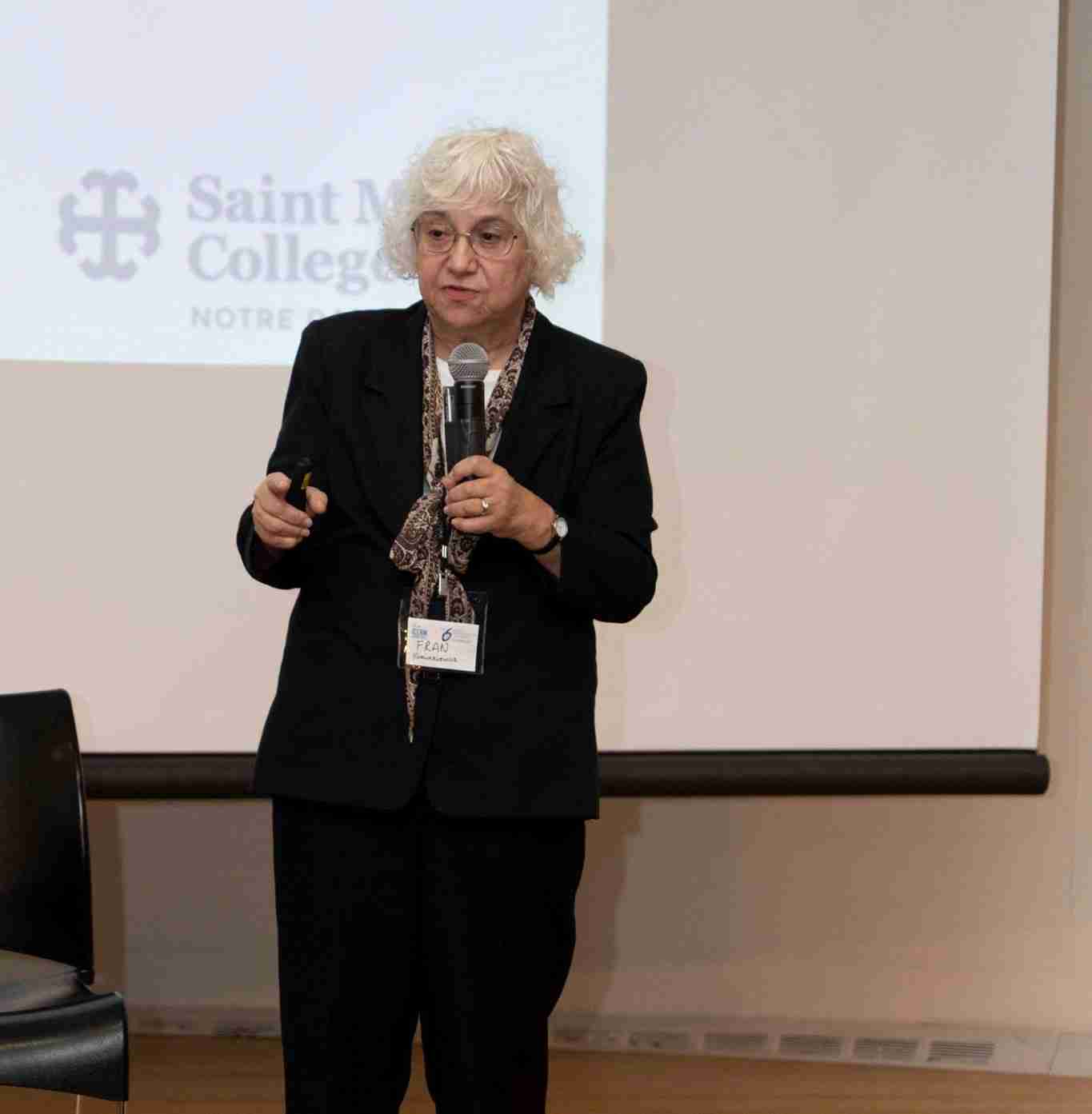Living Together in Peace and Harmony: Conference Opening Speech
Good morning. I am honored and thrilled to stand before you this morning at the opening ceremony of the 4th International Conference on Ethnic and Religious Conflict Resolution and Peacebuilding, holding from today, October 31 to November 2, 2017 here in New York City. My heart is filled with joy, and my spirit rejoices having seen many people – delegates from many countries around the world, including university and college professors, researchers and scholars from multidisciplinary fields of study, as well as practitioners, policy makers, students, civil society organization representatives, religious and faith leaders, business leaders, indigenous and community leaders, people from the United Nations, and law enforcement. Some of you are attending the International Conference on Ethnic and Religious Conflict Resolution and Peacebuilding for the first time, and probably this is your first time of coming to New York. We say welcome to the ICERM conference, and to New York City – the melting pot of the world. Some of you were here last year, and there are some people in our midst who have been coming every year since the inaugural conference in 2014. Your dedication, passion, and support are the driving force and fundamental reason why we have continued to fight for the realization of our mission, a mission that drives us to develop alternative methods of preventing and resolving interethnic and interreligious conflicts in countries around the world. We strongly believe that the use of mediation and dialogue in preventing and resolving ethnic and religious conflicts in countries around the world is the key to creating sustainable peace.
At ICERM, we believe that national security and the safety of citizens are good stuff that every country yearns for. However, military might and military intervention alone or what John Paul Lederach, a renowned scholar in our field, calls “statist diplomacy,” are not enough to resolve ethno-religious conflicts. We have seen time and time again the failure and cost of military intervention and wars in multiethnic and multi-religious countries. As the conflict dynamics and motivations shift from international to intra-national, it is high time we developed a different conflict resolution model capable of not only resolving ethno-religious conflicts, but most importantly, a conflict resolution model that is capable of providing us with tools to understand and address the root causes of these conflicts so that people with different ethnic, racial, and religious identities can live together in peace and harmony.
This is what the 4th International Conference on Ethnic and Religious Conflict Resolution and Peacebuilding seeks to accomplish. By providing a platform and an opportunity for a pluridisciplinary, scholarly, and meaningful discussion on how to live together in peace and harmony, especially in ethnically, racially, or religiously divided societies and countries, this year’s conference hopes to stimulate inquiries and research studies that draw on knowledge, expertise, methods, and findings from multiple disciplines to address a broad range of problems that inhibit the ability of humans to live together in peace and harmony in different societies and countries, and at different times and in different or similar situations. Looking at the quality of papers that will be presented at this conference and the discussions and exchanges that will follow, we are optimistic that the goal of this conference will be achieved. As a unique contribution to our field of ethno-religious conflict resolution and peacebuilding, we hope to publish the outcomes of this conference in our new journal, the Journal of Living Together, after the papers have been peer-reviewed by selected experts in our field.
We have planned an interesting program for you, ranging from keynote speeches, insights from the experts, to panel discussions, and the pray for peace event – a multi-faith, multi-ethnic and multi-national prayer for global peace. We hope you will enjoy your stay in New York, and have good stories to spread about the International Center for Ethno-Religious Mediation and its Conference on Ethnic and Religious Conflict Resolution and Peacebuilding.
In the same way that a seed cannot germinate, grow and bear good fruits without a planter, water, manure, and sunlight, the International Center for Ethno-Religious Mediation wouldn’t have been organizing and hosting this conference without the scholarly and generous contributions of a few individuals who believed in me and in this organization. In addition to my wife, Diomaris Gonzalez, who has sacrificed for, and contributed a lot to, this organization, there is somebody here who stood by me right from the beginning – from the conception stage through the tough times and then to the testing of ideas and pilot stage. As Celine Dion will say:
That person was my strength when I was weak, my voice when I couldn’t speak, my eyes when I couldn’t see, and she saw the best there was in me, she gave me faith because she believed in the International Center for Ethno-Religious Mediation right from the beginning of its founding in 2012. That person is Dr. Dianna Wuagneux.
Ladies and Gentlemen, please join me to welcome Dr. Dianna Wuagneux, the founding Chair of the International Center for Ethno-Religious Mediation.
Opening Speech by Basil Ugorji, President and CEO of ICERM, at the 2017 Annual International Conference on Ethnic and Religious Conflict Resolution and Peacebuilding held in New York City, United States, October 31-November 2, 2017.



